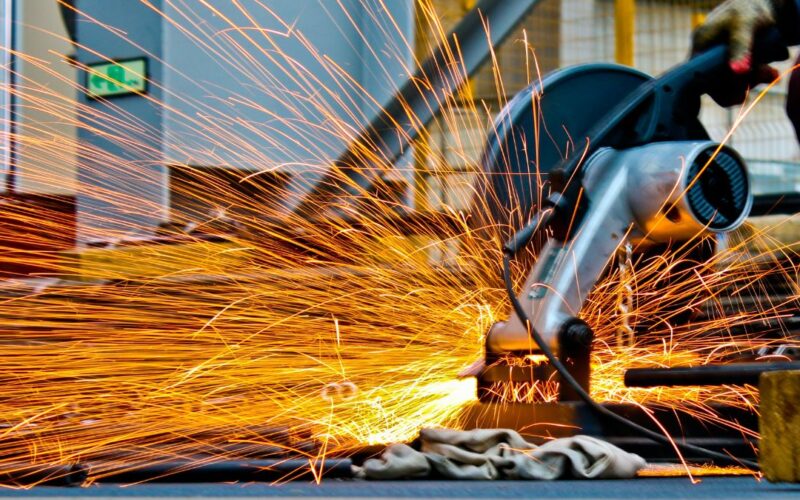Steel, a versatile and integral material in modern society, holds a profound impact on various industries, infrastructure, and everyday life. From towering skyscrapers to precision machinery, steel’s exceptional properties and historical significance shape the world around us.
Alloy Composition
Steel is an alloy composed primarily of iron and carbon, with other elements like manganese, chromium, nickel, or vanadium added to enhance specific properties such as strength, corrosion resistance, or heat resistance.
Industrial Revolution Impact
The mass production of steel revolutionized industry and construction during the 19th century. The invention of the Bessemer process and later the open-hearth process led to more efficient and cost-effective steel production, spurring industrial growth.
Strength and Durability
Steel is renowned for its exceptional strength and durability. Its high tensile strength allows it to withstand heavy loads and forces, making it a preferred material for construction, machinery, and infrastructure.
Wide Range of Applications
Steel’s versatility enables its use in various sectors. It’s utilized in construction for buildings, bridges, and infrastructure, as well as in manufacturing for automobiles, appliances, tools, and even surgical instruments.

Types of Steel
Different types of steel cater to specific needs. Carbon steel, stainless steel, alloy steel, and tool steel each possess unique compositions and properties suited for various applications in different industries.
Recycling Potential
Steel is highly recyclable, with scrap steel being a valuable resource in steel production. Recycling steel not only conserves natural resources but also reduces energy consumption and greenhouse gas emissions.
Evolution of Steelmaking
Advancements in steelmaking technologies continue to improve efficiency and quality. Methods like electric arc furnaces and basic oxygen furnaces have enhanced production capabilities, reducing impurities and refining steel properties.
Structural Engineering Marvels
Steel’s strength-to-weight ratio makes it ideal for creating innovative and intricate structural designs. It’s a key material in constructing skyscrapers, bridges, stadiums, and other architectural wonders.
Corrosion Resistance
Stainless steel, a corrosion-resistant alloy, is widely used in various applications where resistance to rust, staining, and corrosion is essential, such as in kitchen appliances, cutlery, and medical instruments.
Impact on Global Economy
The steel industry significantly contributes to the global economy. It supports numerous jobs worldwide, directly and indirectly impacting manufacturing, construction, infrastructure development, and international trade.
Steel stands as a cornerstone of modern civilization, facilitating progress in construction, manufacturing, and engineering. Its strength, durability, and versatility continue to drive innovation and shape our world’s infrastructure. As technology advances, the steel industry’s commitment to sustainability and efficiency in production ensures that steel remains an indispensable material for generations to come, supporting a myriad of industries and playing a pivotal role in our daily lives.










